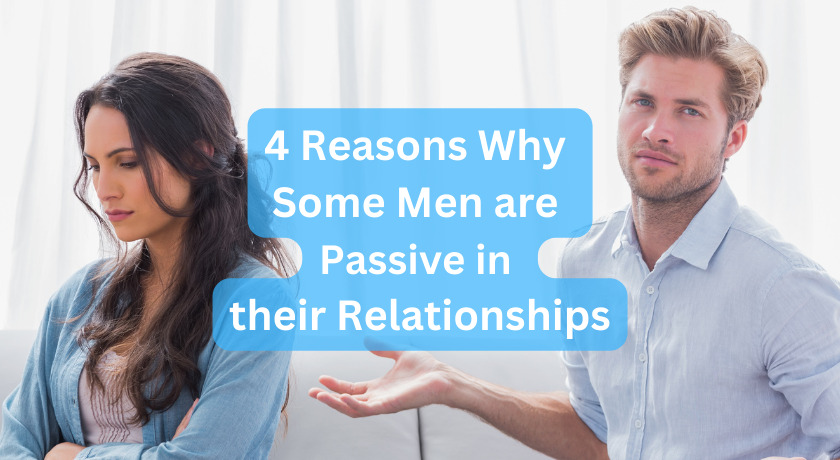Is your partner overly passive? Do you live your life to a constant echo of, “Oh, I don’t mind,” or “you just pick”, or “either is good with me”?
Is it starting to get on your last nerve?
There are multiple reasons a man may become passive in a romantic relationship, but all of them stem from a power imbalance in a relationship. Maybe your partner was raised in a domineering environment and passivity is a learned response to avoid conflict. Maybe your partner is entrenched in traditional gender roles, and expects “little” decisions to be taken care of, for them.
In any case, passivity breeds resentment. Here are some reasons you might be experiencing passivity from your partner:
He is Feeling Dismissed
Your partner may be avoiding voicing his opinions, because he expects them to be “wrong”. This could be a result of the dynamic in your relationship, or past relationships where your partner was regularly shut down or told “no”. For this type, it’s easier to keep quiet, than to be rebuffed. Building an environment of safe discussion and collaboration will help to ease the issue.
He is Conflict-Avoidant
People with anxious attachment styles will often become conflict-avoidant with people they care about. They avoid arguments and asserting their own feelings, in order to keep the peace. This type of partner may become passive aggressive and lash out in small ways, building up to a large-scale outburst at a seemingly random event. To assuage the outburst, they behave more passively in the future. To help prevent passivity with this type, be clear about your roles, values, and needs in a reassuring way. You want to work towards a more functional relationship! With encouragement and patience, start dialogues that work towards win-win compromises.
He is Thinking With Rigid Gender Roles
Your partner might be slacking on the small-scale decisions and upkeep in your relationship, out of a sense of entitlement. Maybe you both work full-time, but he expects you to decide what’s for dinner every night. Maybe he conveniently “forgets” how to do simple household tasks, when you ask him for help—or worse, he does the task exceptionally slowly or poorly, to punish you for asking. This type of passivity is intentional and malicious. To push through it, try seeking couple’s counseling to get to the bottom of the issue.
He has an Undiagnosed Attention Issue
ADD and ADHD commonly comes with symptoms like procrastination, forgetfulness, and a lack of follow-through. All of these can make a person seem passive. If discussion and counseling have not been helpful, it maybe time to consider seeking out a psychiatrist who can test for these disorders.
Sources:
Why Many Men Are So Passive in Their Relationships | Psychology Today
Dealing with the Passive Partner | Psychology Today



